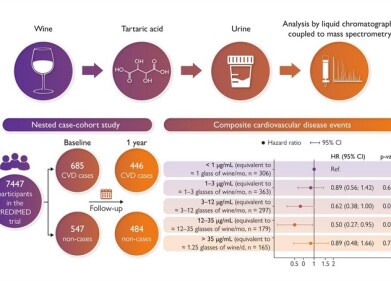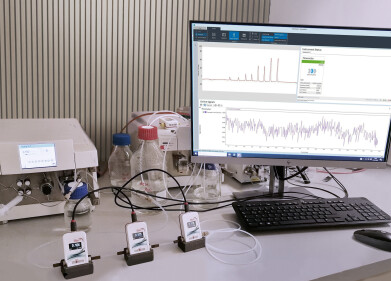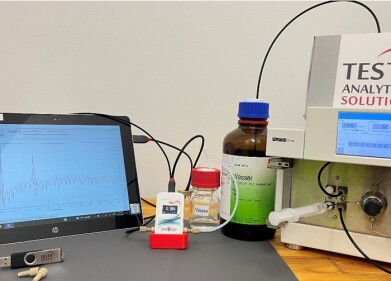Chromatography
Can You Be Born Smart?
Jun 06 2017
From mastering grade school math to snagging that coveted promotion, some people just seem to be born smart. And now, new evidence suggests that ‘erudites’ could have a genetic advantage. According to a recent study, researchers have pinned down 40 ‘intelligence genes’ that could help to bolster the brain.
The genome-wide association study (aka GWAS) saw researchers sift through the genetic make-up of nearly 80,000 people. They drew on combined data from 13 earlier studies on intelligence, both published and unpublished. The team then looked for links between intelligence scores, with each study measuring intellect in its own different way. After careful analysis, they uncovered 40 genes that appear to make certain people smarter. When combined with existing research, this brings the total number of known “intelligence genes” up to 52. According to the researchers, many play an important role in brain cell development, and could ultimately help scientists understand how intelligence is gradually built into brains.
A new leaf for the controversial ‘intelligence gene’
The sheer scope of the project won it genuine acclaim from the scientific community, which is notoriously sceptical about the concept of intelligence genes. To date, intelligence research has been mired in controversy. Experts have argued with the idea that intelligence can be measured, particularly in the face of education, personality, cultural conditioning and other life experiences. Now, attitudes are changing.
“We are so many light-years beyond that, as you can see from studies like this,” comments neuroscientist Richard Haier of the University of California. “This is very exciting and very positive news.”
A small slice of the big picture
While the results are revealing, study co-author Danielle Posthuma stresses that the genetic variants identified in the study only account for around 5% of individual differences in intelligence. In other words, they only reveal a miniscule glimpse at why some people are smarter than others.
This led to criticism from some experts, with developmental psychologist Wendy Johnson of the University of Edinburgh commenting that the research accounts for “so little of the variance that they’re not telling us much of anything.”
Still, Haier points out that even the smallest insight into the genetics of intelligence could ultimately reveal ways to enhance the trait.
“If we understand what goes wrong in the brain, we might be able to intervene,” he muses. “Wouldn’t it be nice if we were all just a little bit smarter?”
The limits of brain biology
Of course, there are both ethical and technical concerns to consider. Even basic brain biology is wildly intricate, which means that manually boosting intelligence via genetic manipulation is definitely a long way off.
As seen in this GWAS study, contemporary science relies heavily on next generation technology. For a closer look at the latest developments, ‘Capillary Isoelectric Focusing – A Comparison of Different Carrier Ampholytes for Monoclonal Antibody Charge Heterogeneity Analysis’ compares the performance of four commercially available brands of wide-range pH 3 to 10 carrier ampholytes. As well as being used in the biopharmaceutical industry, the high-resolution analytical technique is also helping scientists study the dynamics of the brain, and the role genetics play in development.
Digital Edition
Lab Asia 31.6 Dec 2024
December 2024
Chromatography Articles - Sustainable chromatography: Embracing software for greener methods Mass Spectrometry & Spectroscopy Articles - Solving industry challenges for phosphorus containi...
View all digital editions
Events
Jan 22 2025 Tokyo, Japan
Jan 22 2025 Birmingham, UK
Jan 25 2025 San Diego, CA, USA
Jan 27 2025 Dubai, UAE
Jan 29 2025 Tokyo, Japan



















